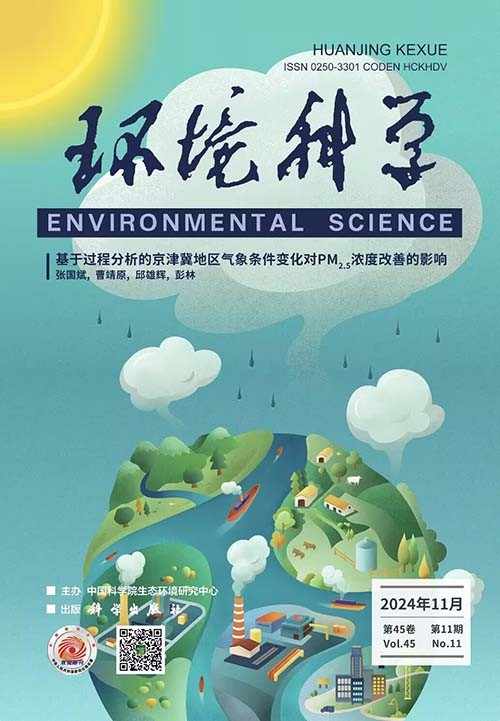[Assessment and Driving Force Analysis of Ecological Quality in Jiangsu Province's Counties Based on EQI and Geographic Detectors].
Abstract
In recent years, with the rapid urbanization process in Jiangsu Province, the ecological land and ecological environment have undergone significant changes, posing severe challenges to the ecological quality. In order to effectively monitor the ecological quality of Jiangsu Province, promote ecosystem restoration, and strengthen ecological construction as well as biodiversity conservation, Jiangsu Province was selected as the study area, and the ecological quality index (EQI) was used to comprehensively assess the ecological quality of Jiangsu Province in 2022 by selecting 12 indexes in three aspects: ecological pattern, ecological function, and ecological stress, and analyzing the impact factors by using a geographic detector. The research results indicate that: ① The average value of the ecological quality index in Jiangsu Province was 50.58, with good overall ecological quality, and a small number of districts and counties with low ecological quality indexes were concentrated in Xuzhou City and cities along the Yangtze River in the northwestern part of the study area. ② The global Moran's I index of ecological environment quality in Jiangsu Province was 0.276, showing obvious spatial aggregation effects, with significant high-high and low-low aggregation effects, while the spatial differentiation effects of high-low or low-high were not obvious. ③ Geographic detector factor detection and interaction detection revealed that the top three significant factors influencing ecological environment quality were the ecological land area ratio index (q=0.73), the habitat quality index (q=0.71), and the terrestrial development disturbance index (q=0.67). Among the interactions, the combination of the ecological land area ratio and the terrestrial development disturbance index had the most significant effect (q=0.923), providing the strongest explanatory power for ecological quality. ④ In Jiangsu Province, the changes in ecological quality were significantly negatively correlated with nighttime light and population density (correlation coefficients of -0.70 and -0.65, respectively). Nighttime light and population density were the dominant factors influencing changes in ecological quality, while natural factors such as annual precipitation and annual average temperature had an insignificant driving effect. The research results provide theoretical and scientific foundations for ecological environmental protection and ecological civilization construction in Jiangsu Province.

 求助内容:
求助内容: 应助结果提醒方式:
应助结果提醒方式:


